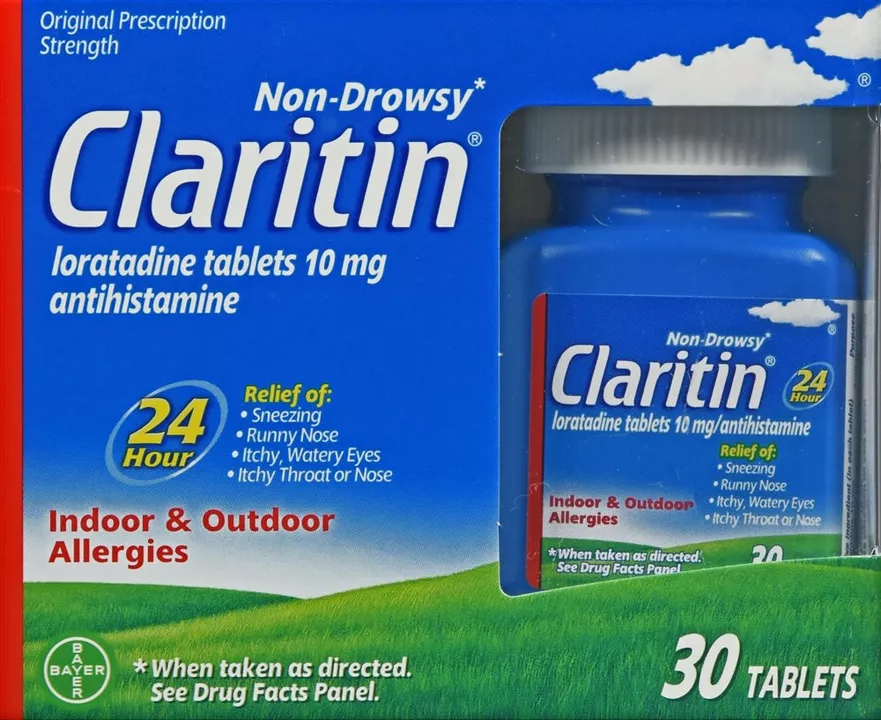Seasonal Allergies: Fast Relief and Smart Prevention
Do you dread spring or fall because your nose won’t stop running? Seasonal allergies (hay fever) hit many people at the same time each year. You can get useful relief without an appointment if you know which symptoms to treat and which steps actually cut exposure.
Quick Relief: What Works Fast
If you need to feel better right now, try these proven options. Oral second-generation antihistamines like cetirizine or loratadine ease sneezing, itching, and runny nose within an hour and rarely make you sleepy. For congestion, a short course (3–5 days) of an oral decongestant or a topical nasal decongestant spray can help—don’t use sprays longer than recommended, or congestion can rebound.
Nasal steroid sprays are the best choice for ongoing control. They reduce inflammation, work well for congestion and sneezing, and are safe when used regularly. Expect full effect after several days to two weeks, so start early when pollen season begins.
For itchy, red eyes, use antihistamine eye drops. Saline rinses and warm compresses soothe mild irritation. If you prefer non-drug options, a nasal saline rinse clears pollen from your nose and can reduce symptoms quickly.
Preventing Flare-Ups: Practical Steps
Avoiding triggers cuts symptoms without extra meds. Check local pollen counts and stay indoors on high-pollen days, especially mid-morning and early evening. Keep windows closed and use air conditioning with a clean filter. Change clothes and shower after being outside to remove pollen from hair and skin.
At home, use a HEPA filter or vacuum with a HEPA-rated bag to reduce airborne allergens. Dry laundry in a dryer instead of hanging it outside. If pets bring pollen in, wipe them down after walks or keep them out of bedrooms.
Consider allergy testing if over-the-counter measures fail. A primary care doctor or allergist can identify exact triggers and offer allergy shots (immunotherapy) or prescription nasal sprays that work better for some people. Immunotherapy can reduce reactions long term, not just mask symptoms.
Special situations: pregnant people, young children, and people with heart problems need tailored advice. Many antihistamines and nasal steroids are safe, but check with a clinician before starting new meds. If symptoms include fever, green mucus, or severe breathing trouble, see a doctor right away—those signs may mean infection or asthma complication.
Small routine changes add up. Start treatment a week before pollen season if you’re predictable, keep a symptom diary to spot patterns, and don’t ignore regular sneak-attack days. With the right mix of prevention and fast-acting treatments, you can cut most seasonal allergy misery and keep enjoying the season.

The Role of Loratadine in Managing Seasonal Allergies
As a seasonal allergy sufferer, I know firsthand how important it is to find effective ways to manage symptoms. One medication that has proven to be quite useful is Loratadine. This over-the-counter antihistamine works by blocking the effects of histamine, which is responsible for causing allergy symptoms such as sneezing, itching, and runny nose. I've personally experienced relief when using Loratadine during allergy season, and it's a great option for those looking for a non-drowsy solution. Overall, Loratadine has played a significant role in helping me and many others manage seasonal allergies, making it a staple in our medicine cabinets.
